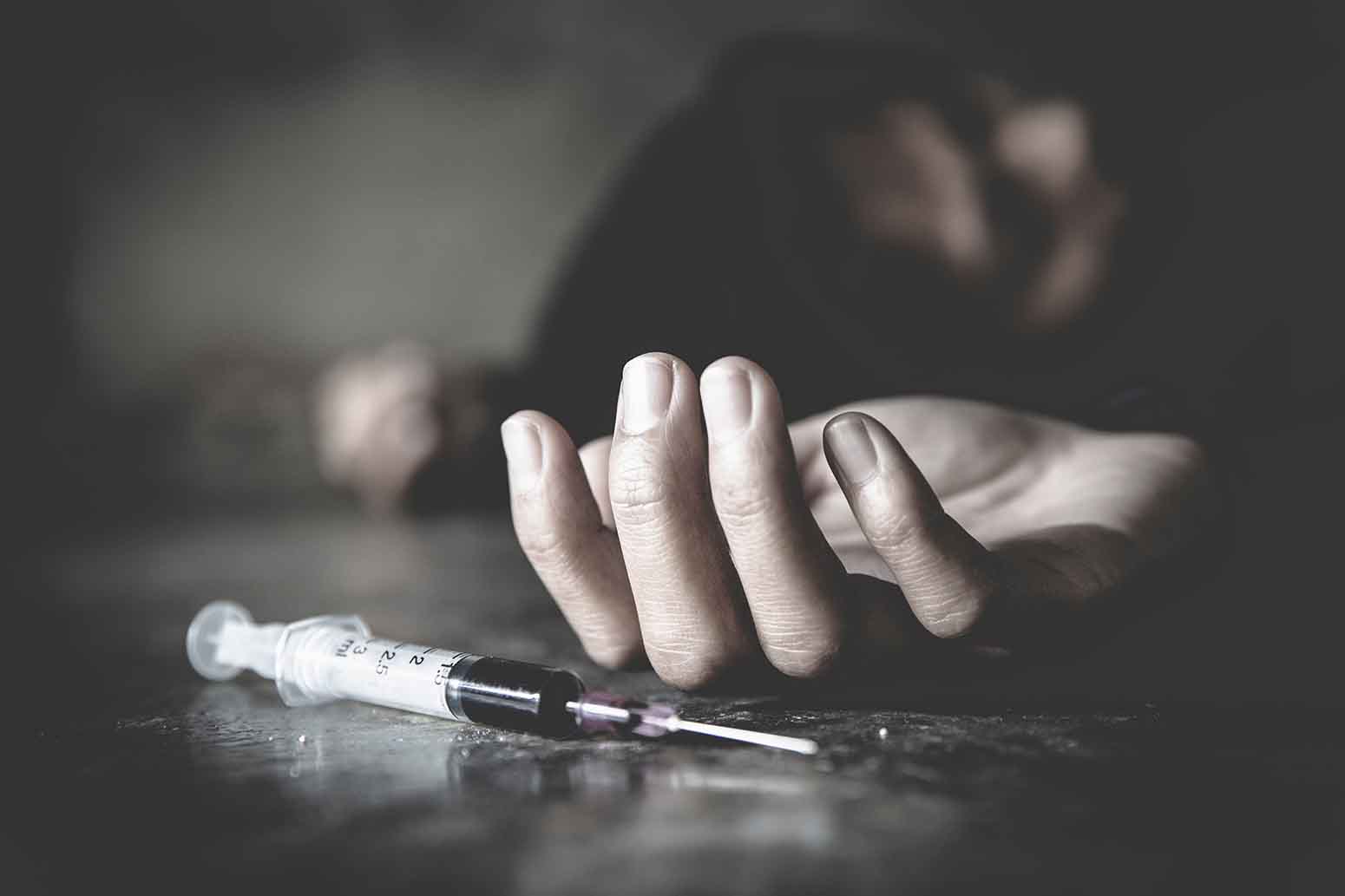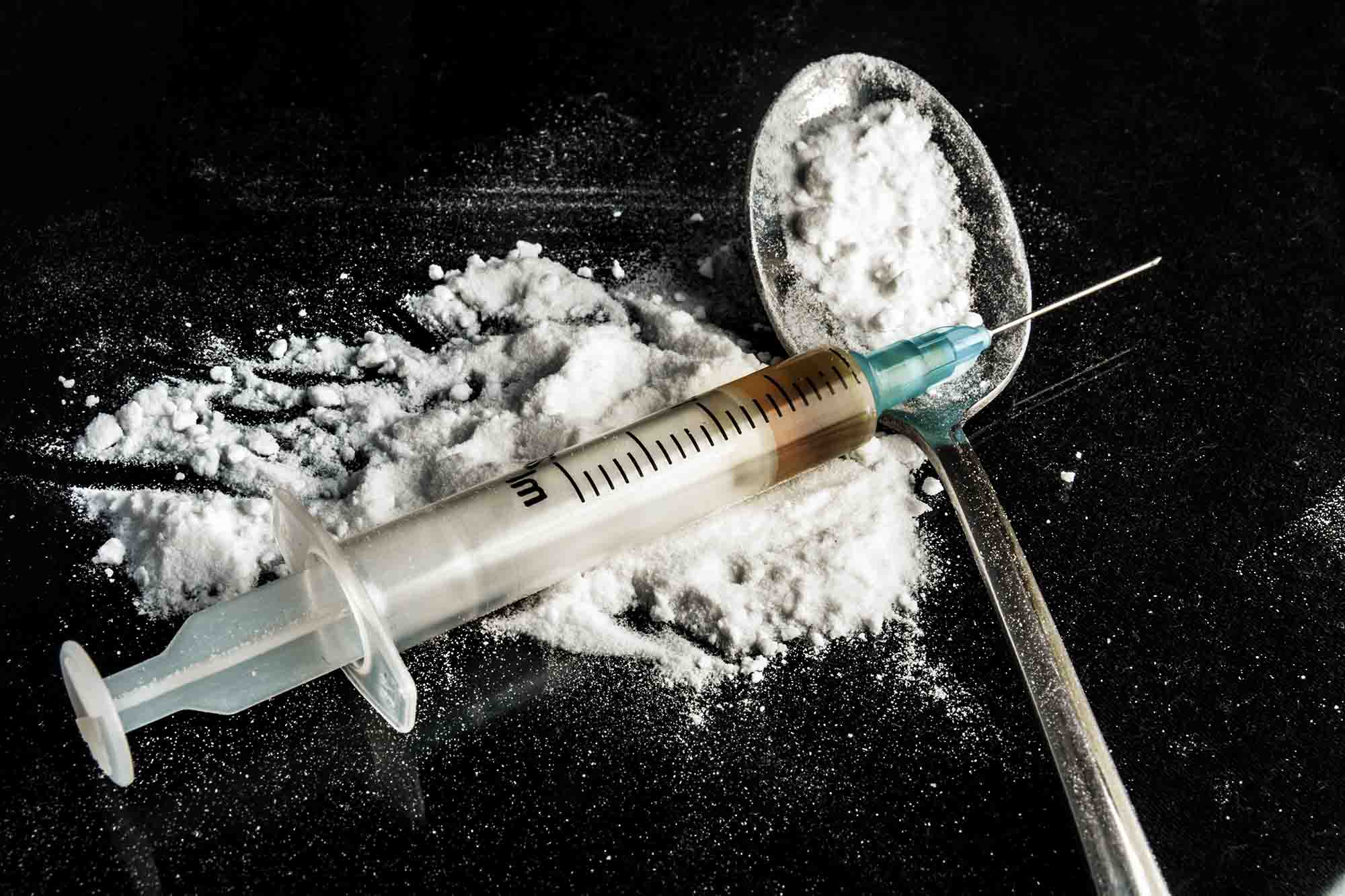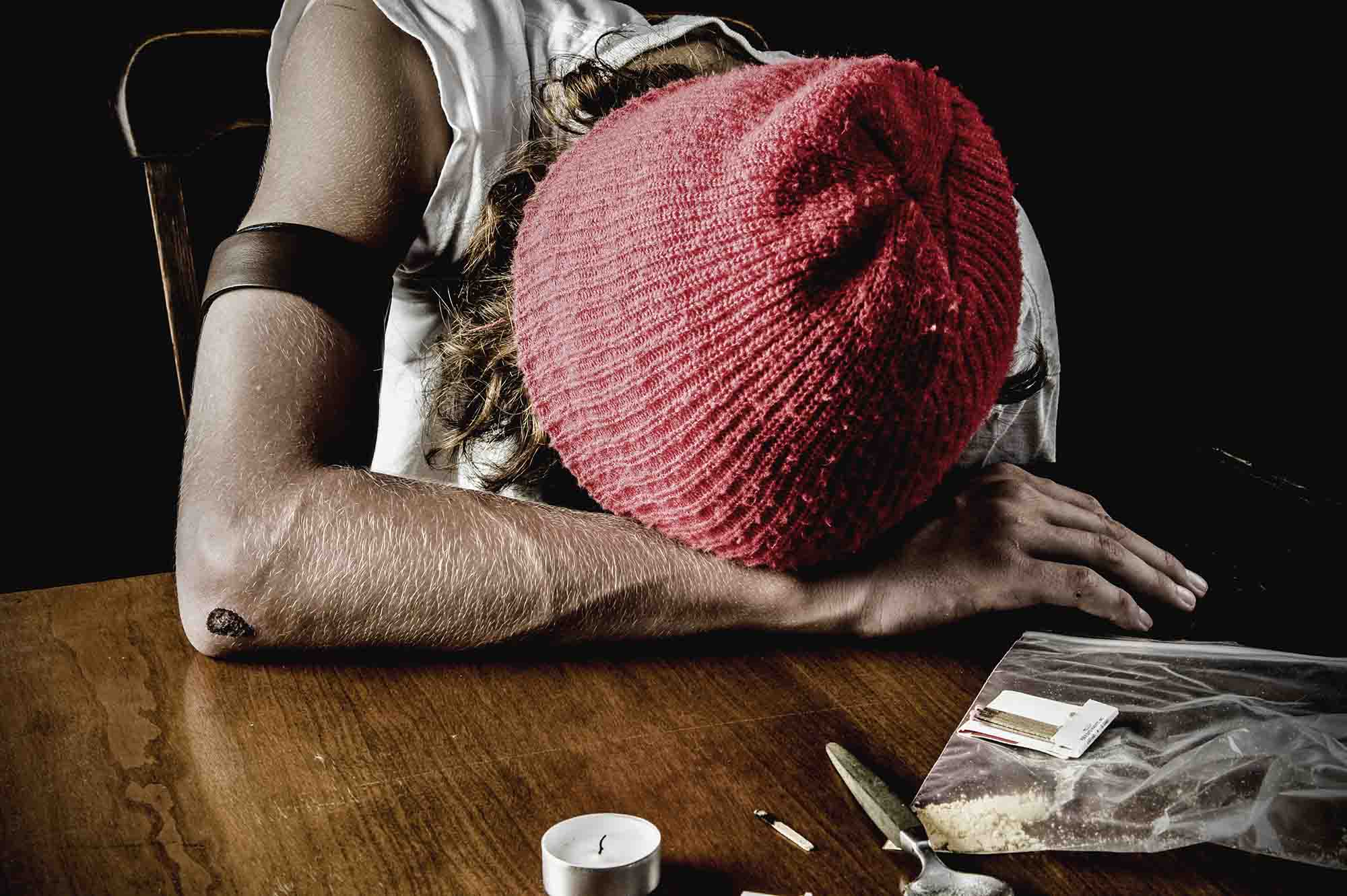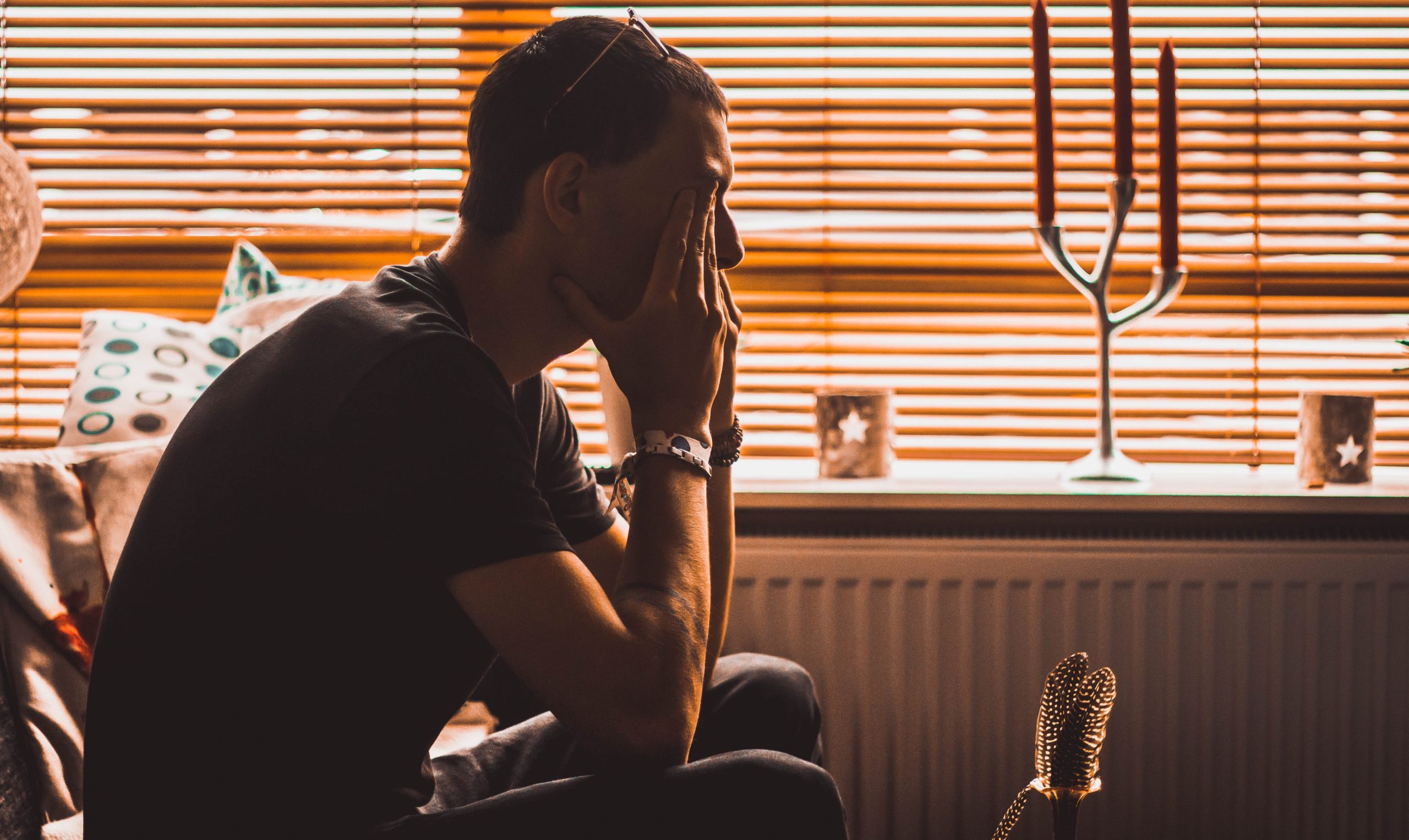What causes a drug overdose?
Most drug overdoses are accidental; some are intentional where a person attempts suicide. Accidental overdose is a life-threatening consequence of drug addiction, defined as a “chronic, relapsing mental disorder characterised by compulsive drug seeking, despite long-lasting brain changes and negative consequences”.
Various scenarios lead to drug overdoses:
Drug tolerance is unpredictable and overestimated
How much it takes to overdose is unpredictable. What your friend can tolerate can put you into a hospital or a grave. You can overdose the first time you use a street drug, even if you use a small amount.
People overestimate their tolerance for drugs when they relapse. When you stop using drugs, your brain gets used to not dealing with the harmful substance and your tolerance level decreases. If you relapse and take the same amount of the drug you used when you had an active addiction, you will likely overdose.
How you use prescription and street drugs makes a big difference; smoking, snorting, drinking or injecting your drug of choice can be the difference between life and death. Injecting drugs is the more risky ways of getting drugs into your body, not only because you’re in danger of developing chronic health complications, but you can inject too much too quickly and fatally overdose.
People use prescription drugs, street drugs and alcohol at the same time
Combining prescription drugs or narcotics with alcohol can be fatal. If you take a stimulant drug (Adderall, cocaine, khat) with a depressant substance (marijuana, alcohol, Valium, Xanax), the two compete against each other and cause serious health complications.
Street drugs are cut and laced with harmful additives
Street drugs are often cut with fillers that can cause long-term health problems. Drug dealers use anything from sucrose and starch to flour, chalk and talcum powder to bulk up the drugs. These harmful additives build up in your blood vessels, increasing your risk of bacterial infections, deadly diseases (HIV or hepatitis C), a stroke or heart attack.
Dealers cut street drugs with these fillers to increase profitability, but it decreases potency. You don’t know what is in the drugs you’re taking and that makes things unpredictable. Take heroin, for example; you get used to taking a certain amount of the drug in its less potent form. If you switch to or accidentally use pure heroin, you’re in trouble.
Dealers also lace drugs with mood-altering substances that are extremely dangerous and can be fatal. For instance, heroin and cocaine is often laced with fentanyl. It’s a synthetic opioid and one of the most harmful cutting agents because it is up to one hundred times more potent than morphine.
Did you know?
Street drugs like heroin and cocaine are often laced with tranquilisers, arsenic, cocaine, morphine, Molly, fentanyl or Angel Dust.
We’re here to help
Here are some other articles you might find interesting, do you have an addiction?












